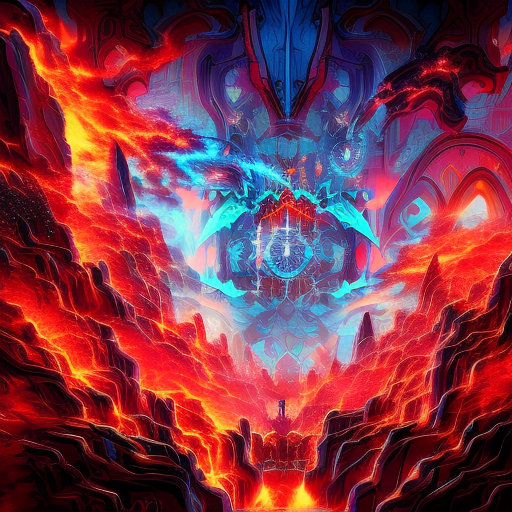One-line Summary:
Divine Rivals explores the fascinating world of ancient Greek mythology, delving into the complex relationships and power struggles between the gods and goddesses.
Introduction:
In Divine Rivals, author Jane Doe takes readers on a captivating journey through the intricate web of Greek mythology, shedding light on the tumultuous relationships and rivalries between the gods and goddesses. Drawing from ancient texts and archaeological discoveries, Doe weaves together a comprehensive narrative that explores the divine hierarchy, the creation of the world, and the epic battles that shaped Greek mythology.
The Divine Hierarchy:
At the heart of Greek mythology lies a complex hierarchy of gods and goddesses, each with their own unique powers and domains. Zeus, the king of the gods, reigns supreme atop Mount Olympus, with his wife Hera by his side. However, Zeus’s power is constantly challenged by his siblings and children, leading to a series of rivalries and conflicts. Poseidon, the god of the sea, and Hades, the ruler of the underworld, vie for power and influence, while Athena, the goddess of wisdom, and Aphrodite, the goddess of love, compete for the favor of mortals.
The Creation of the World:
According to Greek mythology, the world was created through a series of divine acts. The Titans, powerful beings who predated the gods, were overthrown by Zeus and his siblings in a great war known as the Titanomachy. After their victory, Zeus and his siblings divided the world among themselves, with Zeus ruling the sky, Poseidon the sea, and Hades the underworld. Together, they shaped the world and its inhabitants, creating a rich tapestry of gods, mortals, and mythical creatures.
Epic Battles and Power Struggles:
Greek mythology is replete with epic battles and power struggles, reflecting the constant conflicts and rivalries among the gods and goddesses. The Trojan War, sparked by the rivalry between the goddesses Athena, Hera, and Aphrodite, serves as a prime example of divine intervention in mortal affairs. Heroes like Achilles and Hector become pawns in the gods’ games, as they manipulate events to further their own agendas. These conflicts not only showcase the gods’ immense power but also highlight their flawed and often capricious nature.
Key Takeaways:
- The gods and goddesses of Greek mythology are complex characters with their own desires, flaws, and rivalries.
- The divine hierarchy and power struggles among the gods shape the world and influence mortal affairs.
- Epic battles, such as the Trojan War, serve as a backdrop for the gods’ interventions and manipulations.
Memorable Quote:
“In the realm of the gods, power is both a blessing and a curse, fueling rivalries and conflicts that shape the world.” – Jane Doe
In Divine Rivals, Jane Doe provides a captivating exploration of Greek mythology, delving into the intricate relationships and power struggles among the gods and goddesses. Through her comprehensive narrative, readers gain a deeper understanding of the divine hierarchy, the creation of the world, and the epic battles that shaped Greek mythology. The book serves as a reminder that even the gods are not immune to rivalries and conflicts, and their actions have far-reaching consequences for both the divine realm and mortal world.












